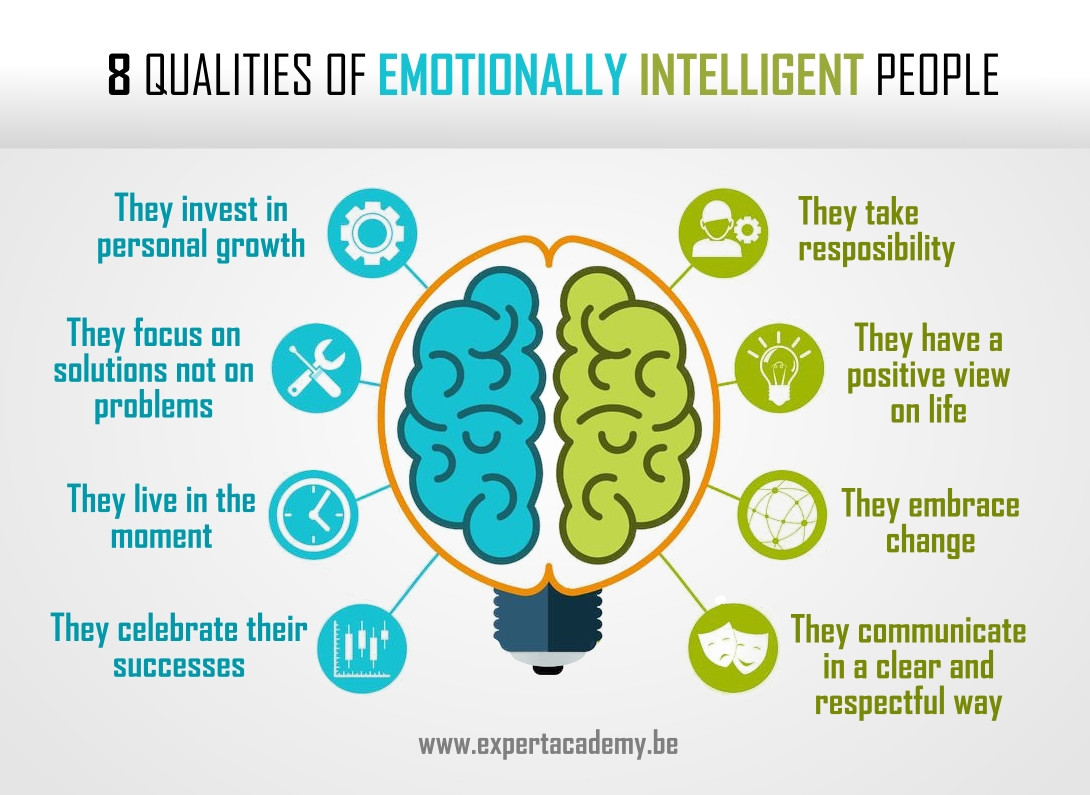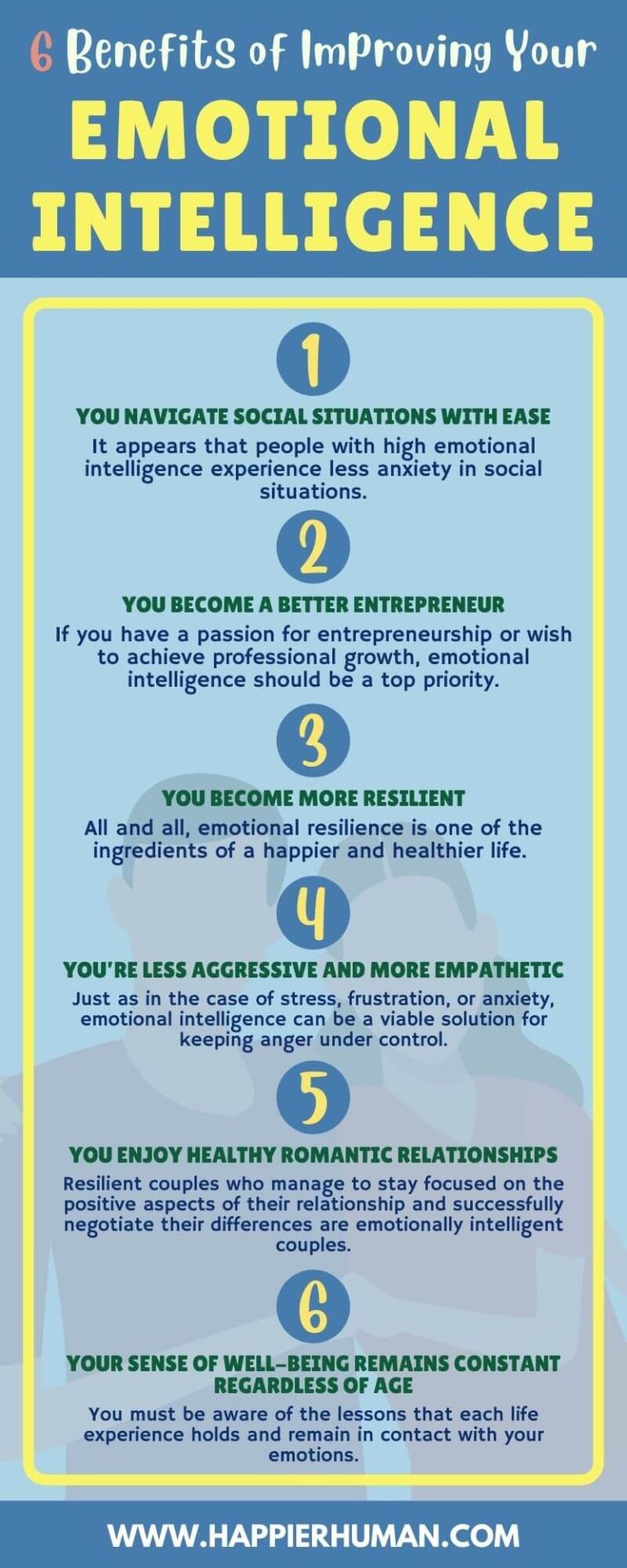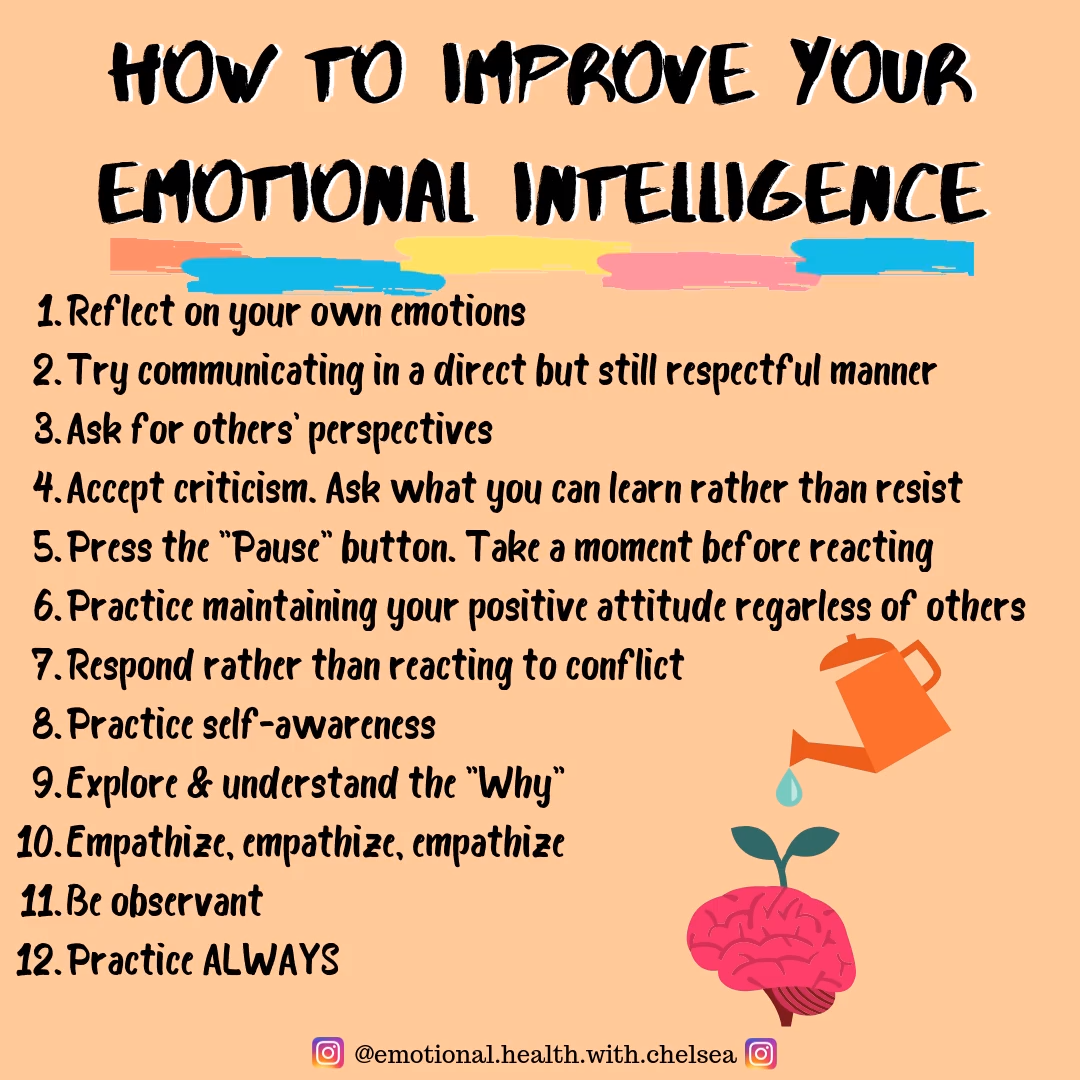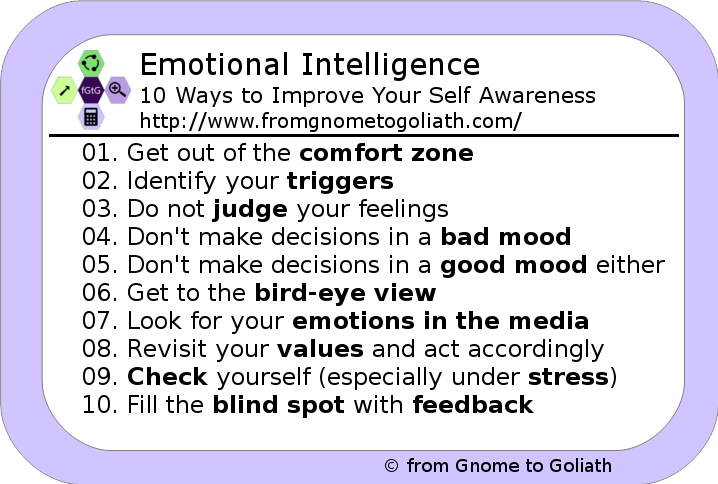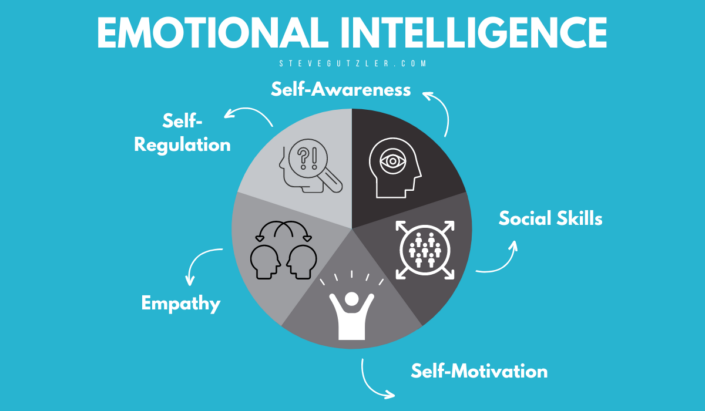Strategies To Become More Emotional Intelligent

Feeling overwhelmed by your emotions? You're not alone. Mastering emotional intelligence (EI) is no longer a soft skill – it's a critical asset for navigating today's complex world.
EI, the ability to understand and manage your own emotions and those of others, directly impacts your relationships, career, and overall well-being. Here’s how to boost your EI and thrive.
Self-Awareness: Know Thyself
Self-awareness is the cornerstone of EI. It's about recognizing your emotions as they happen and understanding their impact. Start by practicing mindfulness, paying attention to your thoughts and feelings without judgment.
Keep a journal to track your emotional responses to different situations. Ask trusted friends or colleagues for feedback on how you come across. According to a study by *TalentSmart*, self-awareness is the single biggest predictor of workplace performance.
Actionable Steps:
Regularly pause and check in with yourself. Ask: "What am I feeling right now, and why?". Identify your emotional triggers and develop coping mechanisms. Practice deep breathing or meditation for enhanced self-regulation.
Self-Regulation: Mastering Your Reactions
Self-regulation is about controlling impulsive feelings and behaviors, managing your emotions in healthy ways, taking initiative, following through on commitments, and adapting to changing circumstances. It's not about suppressing emotions, but rather managing them constructively.
Develop a "pause-and-think" strategy. Before reacting, take a moment to consider the consequences of your actions. According to *Harvard Business Review*, individuals with high self-regulation are better equipped to handle stress and conflict.
Actionable Steps:
Practice reframing negative thoughts. Challenge your assumptions and look for alternative perspectives. Develop healthy coping mechanisms like exercise, hobbies, or spending time in nature.
Social Awareness: Empathy in Action
Social awareness is the ability to understand the emotions, needs, and concerns of other people, pick up on emotional cues, feel comfortable socially, and recognize the power dynamics in a group or organization. It's the ability to "walk in someone else's shoes."
Actively listen to others, paying attention to both verbal and nonverbal cues. Put yourself in their position and try to understand their perspective. Empathy is a skill that can be developed through conscious effort.
Actionable Steps:
Practice active listening. Ask clarifying questions and summarize what you've heard. Observe body language and facial expressions. Volunteer or engage in activities that expose you to diverse perspectives. A study from The University of California, Berkeley, showed that empathic individuals build stronger relationships.
Relationship Management: Building Bridges
Relationship management is about knowing how to develop and maintain good relationships, communicate clearly, inspire and influence others, work well in a team, and manage conflict. It's the application of your EI skills in interpersonal interactions.
Communicate openly and honestly. Be assertive but respectful of others' feelings. Learn to resolve conflicts constructively by focusing on solutions rather than blame. Strong relationships are built on trust and mutual respect.
Actionable Steps:
Practice assertive communication. Express your needs and opinions clearly and respectfully. Develop your conflict resolution skills. Seek feedback from others on your communication style. According to Forbes, effective relationship management is crucial for leadership success.
Continuous Improvement: A Lifelong Journey
Boosting your EI is an ongoing process. It requires consistent effort and a willingness to learn and grow. Seek out opportunities to practice your skills in real-world situations.
Consider working with a coach or therapist to gain personalized guidance. Stay informed about the latest research and techniques in EI development. The benefits of increased EI are significant and far-reaching.
Start implementing these strategies today to unlock your full potential. The journey to emotional intelligence is a worthwhile investment in yourself and your future.



